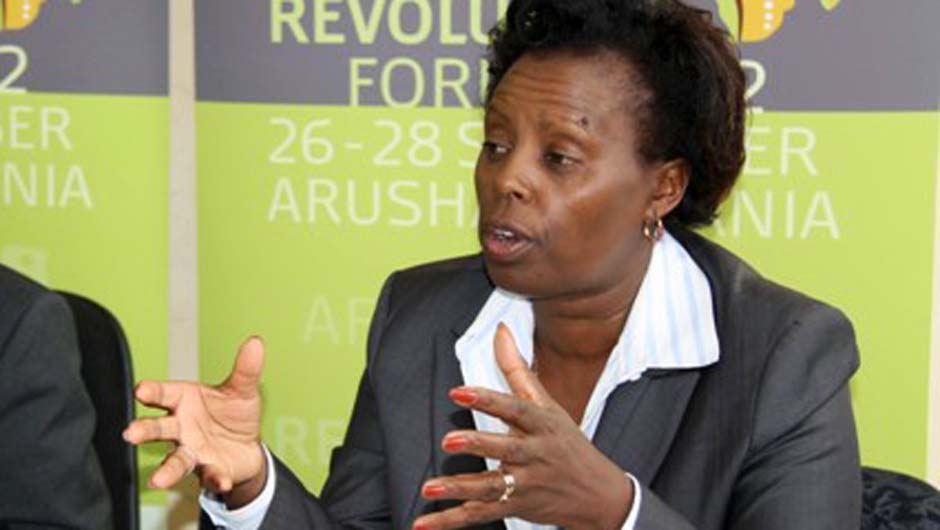
*NAIROBI, KENYA* (June 27, 2014)—Today is a critical moment for Africa’s
farmers as the heads of state at the African Union (AU) summit in
Equatorial Guinea reaffirmed their commitment to strengthen Africa’s
agricultural economy. Their consensus is a recognition that investments in
agriculture are uniquely effective in driving economic progress,
particularly among Africa’s poor, most of whom depend on farming for food
and income.
African leaders were unanimous in their call for increasing investments
from both the public and private sectors, intensifying efforts to develop
irrigation projects, increasing access to land and agricultural inputs, and
utilizing science and technology to modernize farming and transform
agriculture across the continent. As a body, the African Union will
coordinate this work through the Comprehensive Africa Agricultural
Development Programme (CAADP).
It also was encouraging for United Nations Secretary-General Ban Ki-moon to
underscore the importance of the AU’s focus on agriculture, which he
rightly noted is about more than food production. He described agriculture
in Africa as “a source of employment, an engine for economic growth, and a
vital contributor to environmental services. It is the glue that binds
rural societies.â€
Now comes the important part: translating this important political
commitment into meaningful action on the ground.
We must keep in mind that ten years ago African Union member states
promised to invest ten percent of national budgets in agriculture. Several
countries that significantly increased their agricultural investments—such
as Ghana, Ethiopia, Burkina Faso and Rwanda—experienced tremendous
progress, not just in agriculture, but also in economic growth across their
economies. While significant challenges remain, since the mid-1990s, their
investments in agriculture have coincided with major reductions in the
percentage of people living in extreme poverty: Ethiopia by 49 percent;
Ghana by 44 percent; and Burkina Faso by 37 percent.
A key reason agriculture is such a powerful engine for economic progress is
that there is an entrepreneurial spirit among resource-poor farmers in
Africa that can be tapped to simultaneously increase food security, raise
our standard of living, and even address gender disparities. Up to 80
percent of the food eaten in Africa is produced by smallholder
farmers—people who tend crops and raise livestock on less than a hectare of
land—and most of them are women. At the Alliance for a Green Revolution in
Africa (AGRA), every day brings powerful evidence that these farmers hold
the key to sustainable and equitable growth in Africa. They have never had
a proper chance to show their true colors. The time to give them that
chance in now – as Africa reaffirms its commitments to agricultural
development.
Governments can be the instrumental in realizing the potential of Africa’s
smallholder farmers by investing in research to develop new,
higher-yielding crop varieties; in extension services to deliver the fruits
of agriculture research to farmers’ fields; and in transportation and other
infrastructure to develop markets for African agricultural products that
will allow poor farmers to profit from their hard work. Governments also
can cultivate a policy environment that will encourage private sector
investments in locally-owned agriculture businesses, such as seed companies
and farm supply stores to serve our very capable but very neglected farmers.
There are abundant examples across Africa that this model works—governments
doing what they do best, the private sector playing to its strengths—with
the end result that food production increases, incomes rise, and poverty
declines.
For our part, we are co-convening with the African Union, African
Development Bank, and the United Nations Food and Agriculture Organization,
among others, the African Green Revolution Forum in September to critically
examine the Malabo Decisions. Close to 1,000 leaders of governments, farmer
organizations, and international and African agri-businesses will converge
on Addis Ababa to generate strategies to assist governments in implementing
their new Declaration and Programme of Action.
Let 2014 be the year when African governments take bold steps that will
allow our smallholder farmers to become the foundation for building a more
secure economic future.
